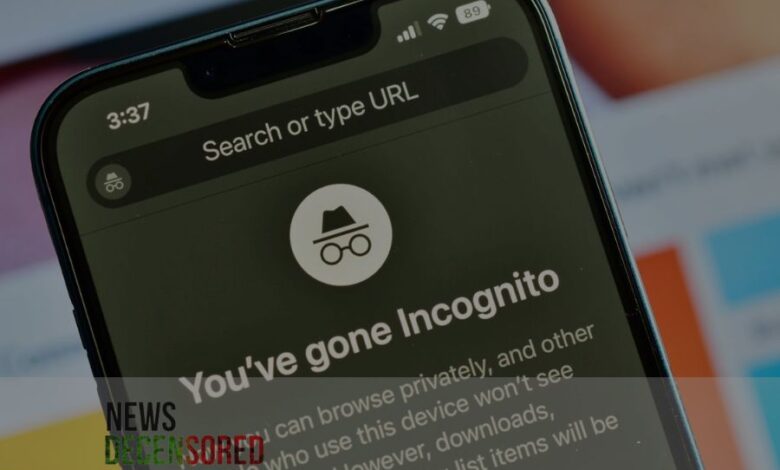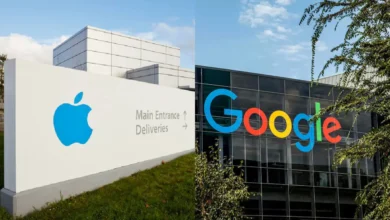Google Settles Incognito Mode Lawsuit, to Delete Billions of Browsing Records

Privacy concerns regarding Google’s Chrome incognito mode have been addressed in a landmark settlement. The tech giant agreed to delete billions of data records and enhance user privacy disclosures concerning incognito browsing.
The lawsuit, filed in 2020, accused Google of misleading users about the data collected during supposed “private” browsing sessions. While Google maintains it never associated this data with individual users, the settlement signifies a shift towards greater transparency.
Under the terms of the agreement, Google will purge “billions of data records” reflecting the private browsing activities of users included in the class action. This move aims to rectify past data collection practices deemed by the court to be in violation of user expectations.
Furthermore, Google will implement stricter data collection disclosures. Users will now be explicitly informed about the data collected each time they initiate an incognito browsing session. This increased transparency empowers users to make informed decisions regarding their online privacy.
The settlement also introduces a five-year period where incognito users can block third-party cookies. These cookies, often used for advertising purposes, can track user activity across different websites. By allowing incognito users to block them, Google strengthens the privacy protections offered by this browsing mode.
“This settlement is a historic step towards holding dominant tech companies accountable for honesty and data privacy,” stated David Boies, the attorney representing the plaintiffs. The unprecedented deletion of data underlines the significant impact of this lawsuit.
Google, however, maintains its stance on the lawsuit being “meritless.” A Google spokesperson emphasized that the company never associated data with individual incognito users. The focus, according to Google, lies on deleting “old technical data” that wasn’t used for personalization.
The settlement notably doesn’t involve individual user compensation. While the initial plaintiff demands reached $5 billion, the agreement focuses on data deletion and future privacy improvements. However, the settlement doesn’t preclude users from pursuing individual lawsuits seeking personal damages.
This settlement paves the way for a more transparent and privacy-focused approach to incognito browsing within Google Chrome. The deletion of billions of data records and the implementation of stricter data collection disclosures demonstrate Google’s commitment to addressing user concerns. While individual compensation isn’t part of this settlement, the potential for future lawsuits remains. The coming years will reveal how effectively these changes safeguard user privacy in the ever-evolving online landscape.




